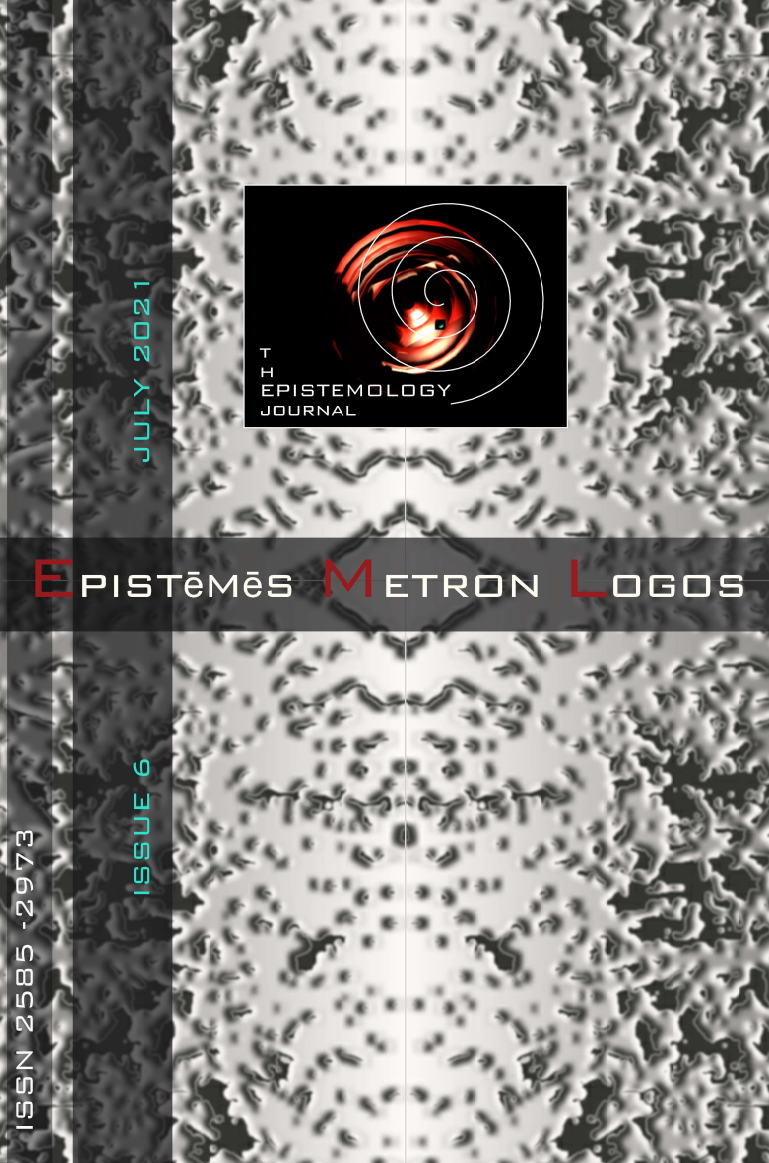Ethics for "intelligent" beings created by man: scenarios of the future
Abstract
Artificial intelligence is a challenge for many scientists and researchers today. On the one hand, the development of artificial intelligence can be beneficial for people as it can significantly facilitate their daily lives and jobs. On the other hand, there is the fear that we will not succeed in developing "friendly artificial intelligence" and that these created intelligent beings becoming autonomous persons will bring many problems. Worries go so far as to assume that artificial intelligence will displace humans and take their place in all spheres of life. In this article, we have tried to present future scenarios concerning the development of artificial intelligence and indicate how necessary it is to have ethics in this discourse.
Keywords: Artificial Intelligence, Algorithms, Bioethics, Ethics, Software, Science Fiction, Technology.
Article Details
- Come citare
-
Mijartovic, Z., & Jašić, O. (2021). Ethics for "intelligent" beings created by man: scenarios of the future. Epistēmēs Metron Logos, (6), 22–29. https://doi.org/10.12681/eml.27743
- Fascicolo
- N. 6 (2021): Issue 6 (Summer 2021)
- Sezione
- Publishing partner

Questo lavoro è fornito con la licenza Creative Commons Attribuzione - Non commerciale 4.0 Internazionale.
Authors who publish with this journal agree to the following terms:
Authors retain copyright and grant the journal right of first publication with the work simultaneously licensed under a Creative Commons Attribution Non-Commercial License that allows others to share the work with an acknowledgement of the work's authorship and initial publication in this journal.
Authors are able to enter into separate, additional contractual arrangements for the non-exclusive distribution of the journal's published version of the work (e.g. post it to an institutional repository or publish it in a book), with an acknowledgement of its initial publication in this journal.
Authors are permitted and encouraged to post their work online (preferably in institutional repositories or on their website) prior to and during the submission process, as it can lead to productive exchanges, as well as earlier and greater citation of published work.



